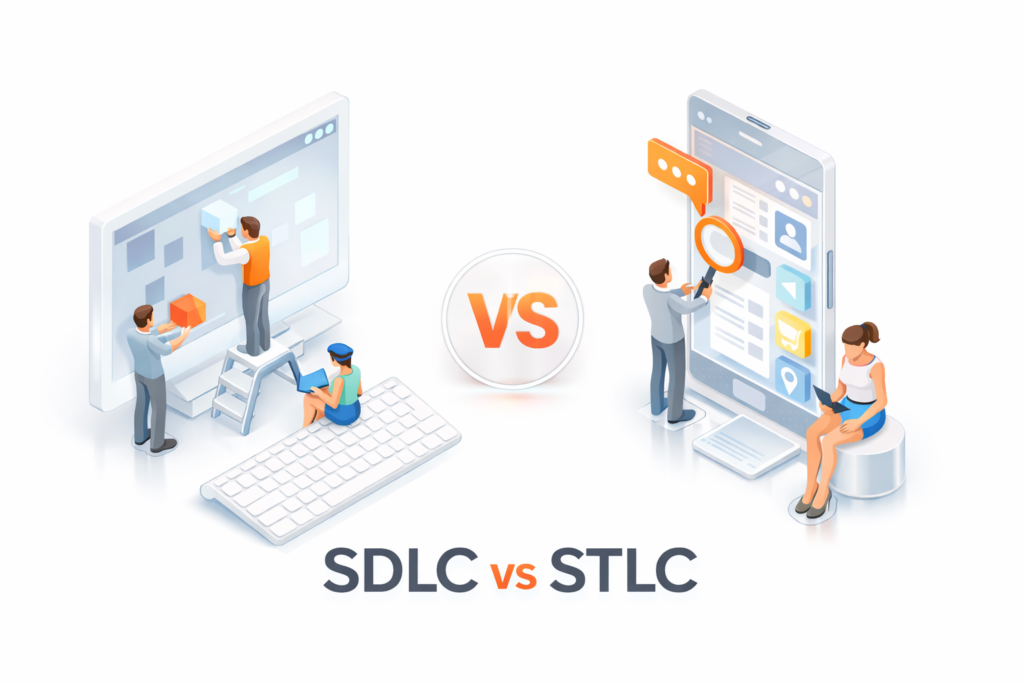Synthetic testing is a way to check the IT system’s performance in terms of infrastructure and application performance metrics such as disk reading or writing speed, the speed of memory page communication, and network utilization.
Problems It Will Solve
- Optimizing infrastructure costs by choosing the most effective configuration with regard to the user operation and system-scaling opportunities and providing the customer with information about the parameters of server resource loading (CPU, Memory, I/O) and IT system performance.
- Minimizing the risks related to poor system performance due to the discrepancy between the real configuration performance and the performance specified by the vendor by discovering any performance problems during the synthetic test.
The Report on Performance Testing Includes (Deliverables)
- Information about which hardware infrastructure is the most effective, and also its characteristic features during system scaling or increasing the load with regard to the specifics of the IT system
- Information about the correspondence of the system performance to the parameters specified by the vendor
- Load-testing scripts
Scope of Work
- Creating methodology for synthetic testing
- Gathering and analysis of utilization statistics of the instrument resources for the production environment
- Coordinating performance requirements
- Determining test scenarios
- Determining the components of synthetic testing
- Creation of a test plan
- Creation of a test model
- Installing the tools for synthetic testing
- Creating synthetic testing scenarios
- Preparing synthetic test data
- Description of the instructions for conducting the test
- Test preparation
- Checking the operability of the test environment
- Tuning of the monitoring tools
- Conducting trial tests
- Conducting tests
- Launching the synthetic tests of the system in accordance with the coordinated scenarios
- System analysis
- Analyzing the results of synthetic testing
- Recommendations for the improvement of the system’s architecture and infrastructure
Tools and Licences
- ioZone
- ioMeter
- MS Visual Studio
- IBM Rational Performance Tester
- Silk Performer



